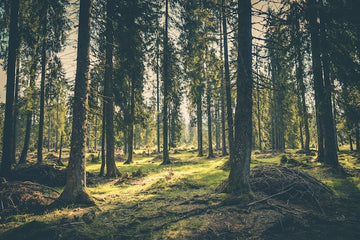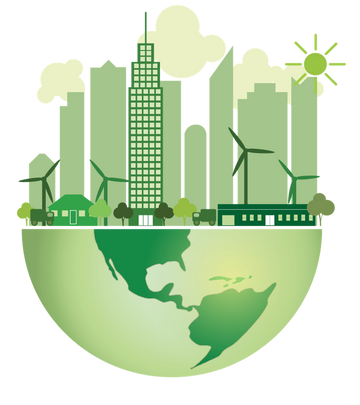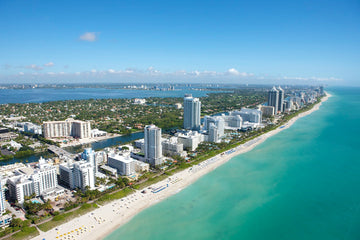
March 21st marks the International Day of Forests.
Similar to the international and national day of action for rivers, the day of the forest as I like to call it brings awareness to…you guessed it: The importance forests have in our lives.
In a globalized world, we are too used to going to the grocery store and buying all sorts of tropical fruits even if we live in remote cities with four well-separated seasons. We forget the effort and time it takes to grow just ONE pineapple when we go to the store and can pick between a dozen of them; whole, chopped, frozen, you name the type they probably have it.
Awareness and consciousness have been slowly returning to the collective as we’ve already had decades of growing organizations and companies calling for forest preservation and restoration. By replanting and managing our forests sustainably we create new spaces where plants and animals can thrive, and we promote economic activity that creates jobs and improves lives, the quality of the air we breathe, the food we eat, and the water we drink. By restoring and sustaining our forests we create a healthy environment for our children to grow.
According to the website Mongabay.com, the pandemic had mixed impacts on tropical rainforests in 2020 and the full implications probably won’t be well understood for years to come.
Policy responses to COVID have also been mixed: some countries are pushing for a recovery that restructures society’s relationship with the environment; others are doubling down on practices that drive deforestation and economic disparity.
In a tropical forests context, environmental regulation and law enforcement have relaxed in Brazil and Indonesia. The latter has proposed measures that could dramatically increase pressure on its forests.
So we’ll have to wait and see what the actual aftermath of 2020 will be. In the meantime the environment is not waiting for us to restore it, we have to keep putting our efforts together to make the time count.





